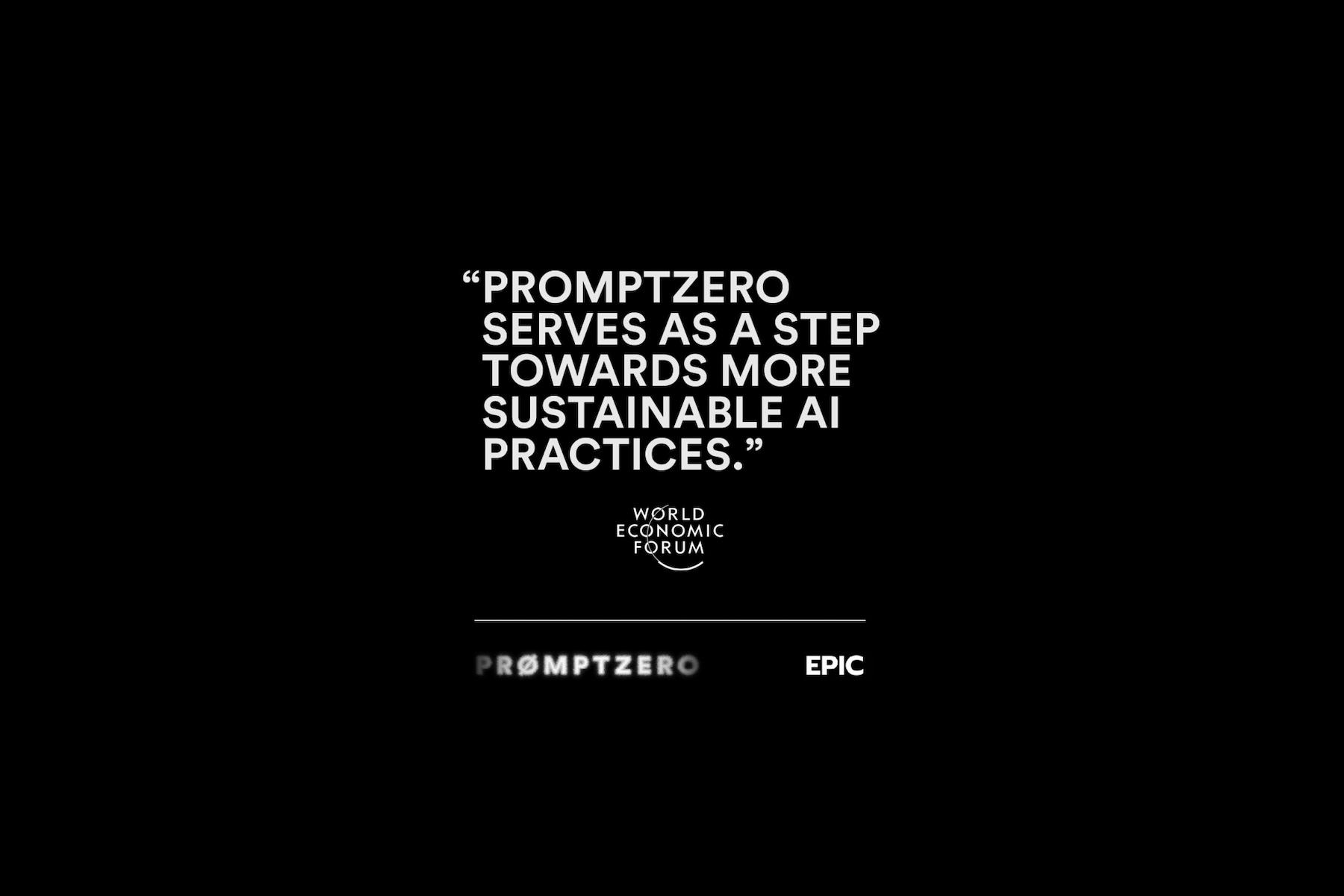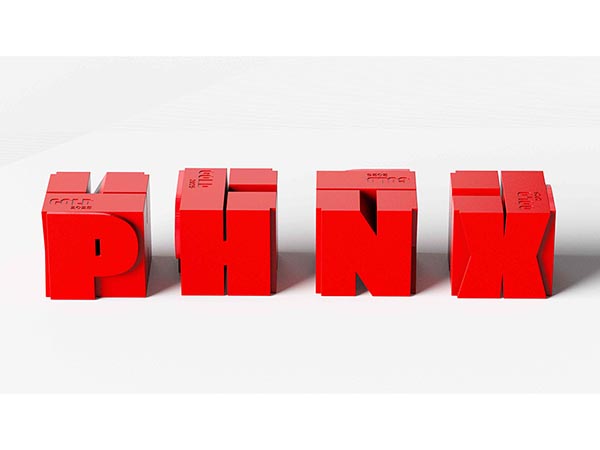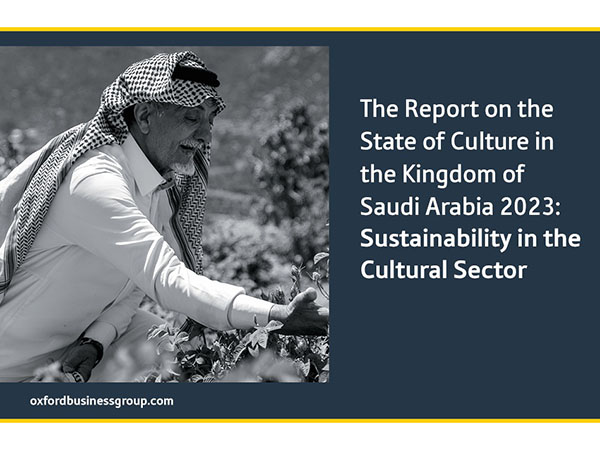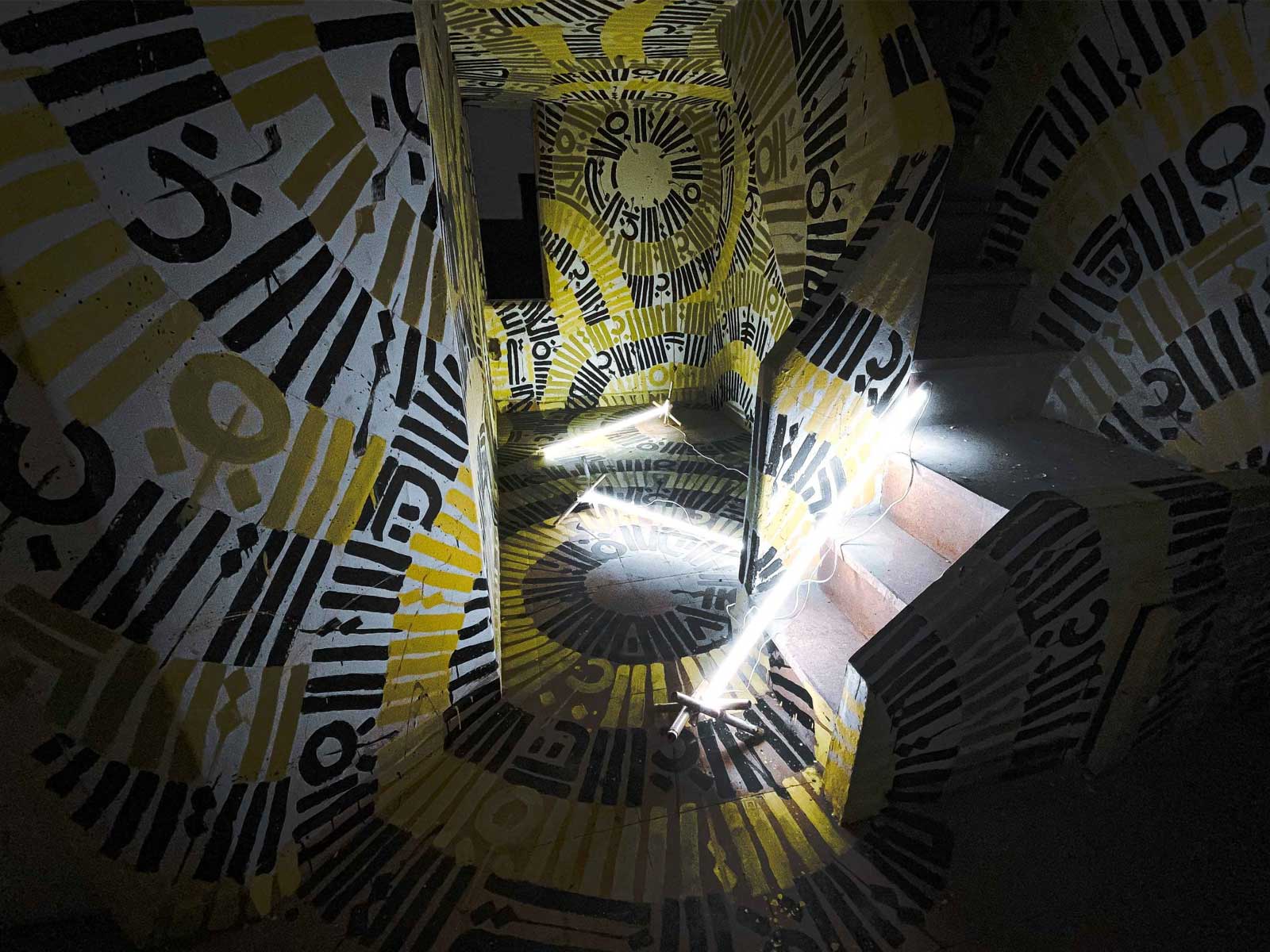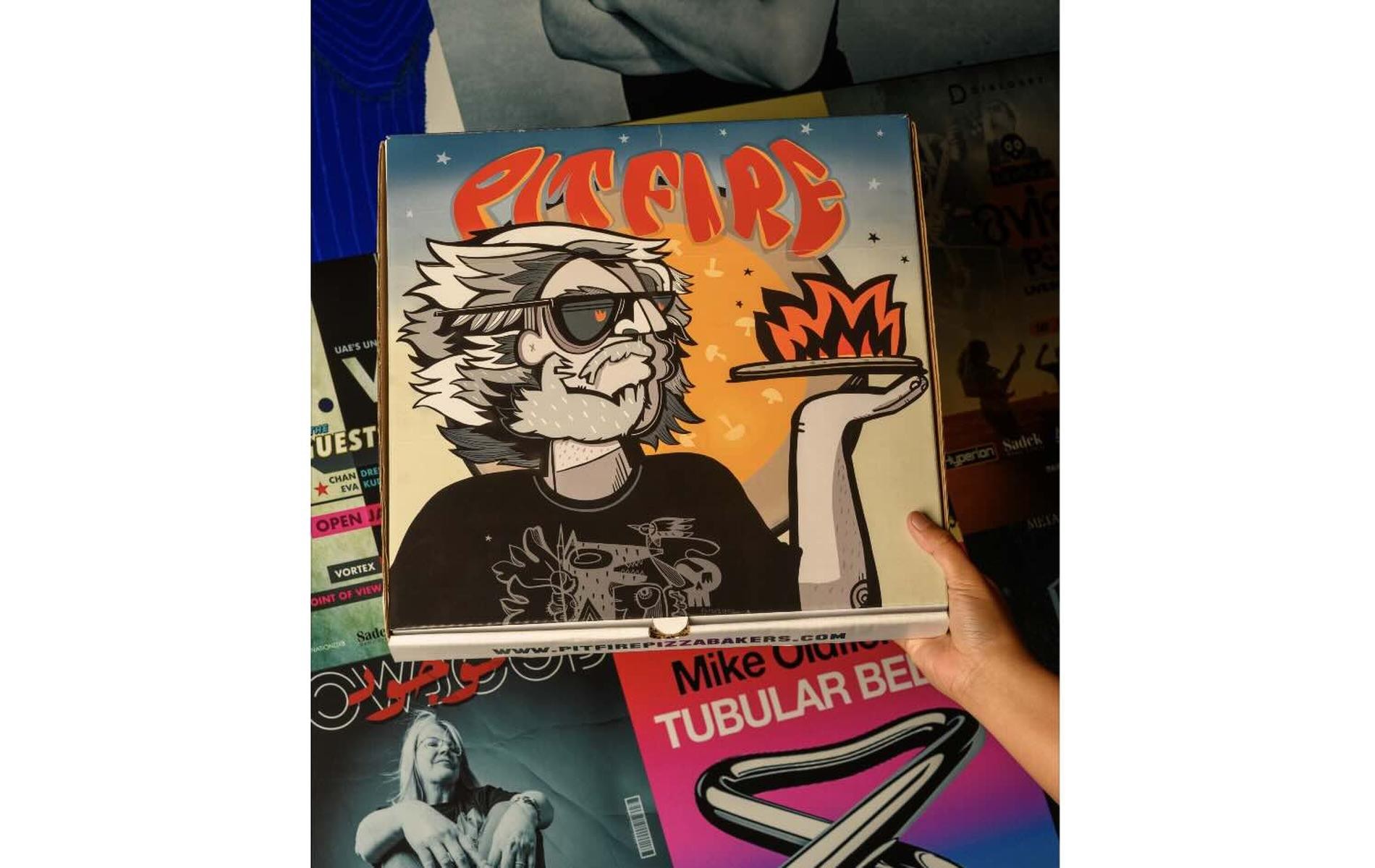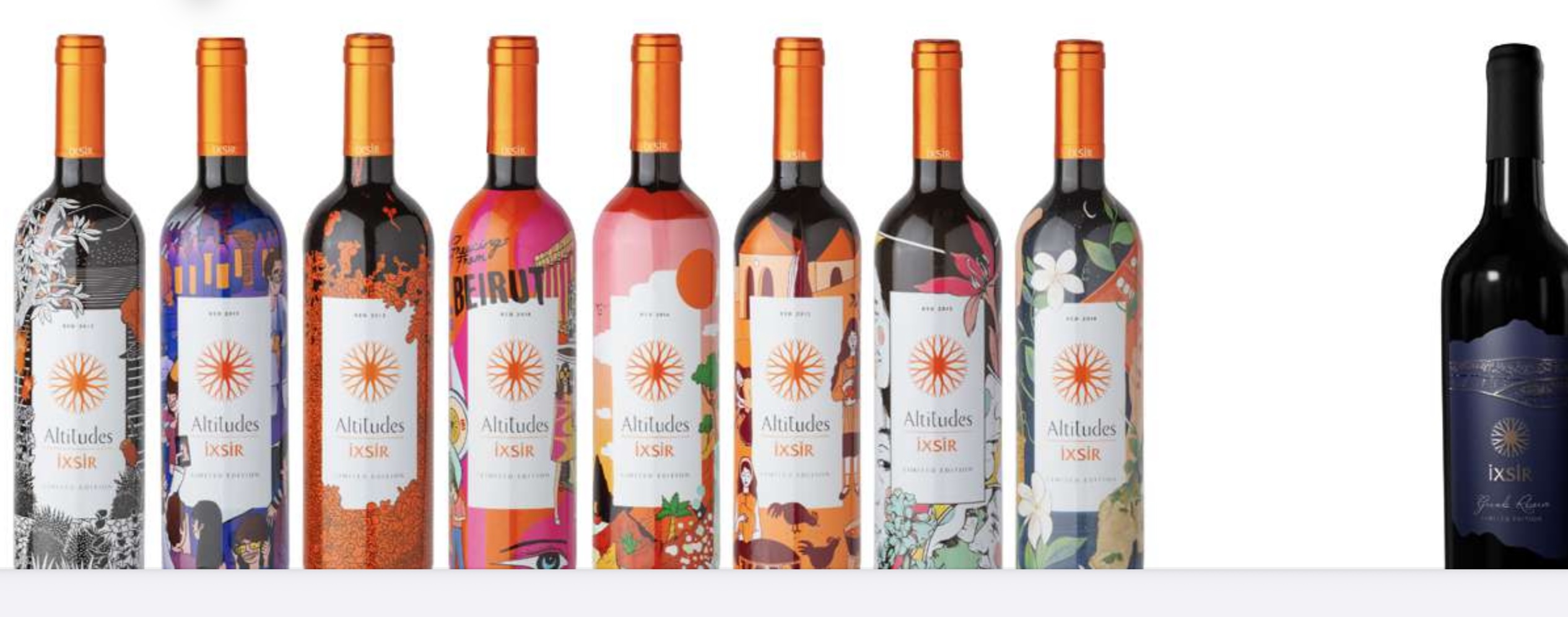Art & Design
Designers’ Take on Lebanon’s Trash Crisis
August 19, 2015
.jpg) Advertisement
Advertisement
Ieva Saudargaitė
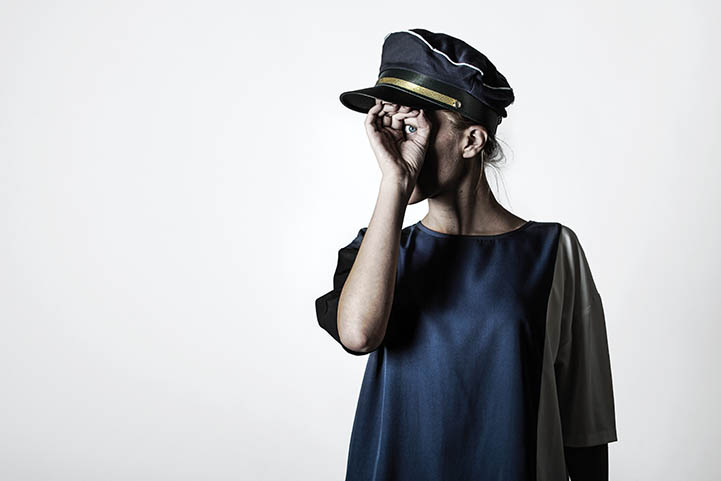
Saudargaité is a Beirut-based Lithuanian-Lebanese architect and photographer. After earning her bachelor’s degree in architecture, she has moved on to work with a number of architecture firms and her photographs have been featured in both national and international publications. She also contributes articles regularly to a number of publications.
The trash crisis is just the tip of the iceberg of the multiple factors that have led to it, and should be tackled on many fronts. One such front is the enforcement of a national recycling policy and the construction of an infrastructure that will allow for that along with the building of plants that can process waste to energy (we have a 25 year old energy crisis to resolve too).
Another front, a much greater one to surmount, is the culture of corruption, which takes the nation 10 steps back the moment it moves one step forward. No one simplistic solution is an answer. But as a designer, and somebody whose perception of the world was greatly influenced by architecture school, I would like to witness the culture of recycling, smart consumption and environmental preservation become part of the educational programme across schools, universities and households.
Furthermore, universities should recycle regardless of whether the rest of the nation is following suit, and become laboratories in material experimentation thus providing an opportunity for engineering and design students to learn more about and create novel materials. The local actors in the design scene are fluent in concrete, marble and metal, but there is definitely room for it to venture out into unknown territory.
Joelle Jammal
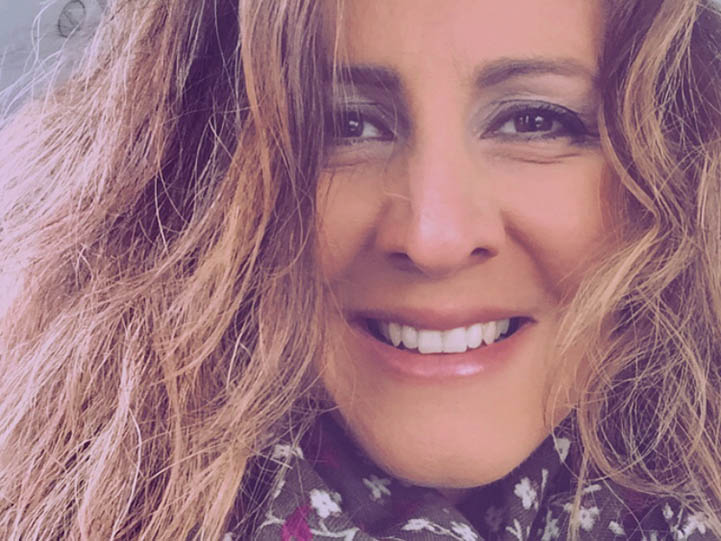 Jammal is an award-winning design and advertising professional who currently works as an independent creative director and environmental artist, upcycling items into hand painted characters.
Jammal is an award-winning design and advertising professional who currently works as an independent creative director and environmental artist, upcycling items into hand painted characters.
Our nature has been disfigured decade after decade. In Lebanon less than 10% of the waste is recycled. This is an alarming percentage, so I decided to act.
Coming from an advertising background where an idea is key, I started making art not for the sake of art, but to fight for a dear cause: the environmental deterioration. I collect trash from packaging materials (plastic, carton, glass, metal etc.) and transform them into hand painted character sculptures. By up-cycling, I give life and utility to something that has no life.
In this trash crisis, change should start from home, by reducing the waste we produce, recycling and reusing what is possible. I was part of the latest protest and would have wished if we gathered all those empty water bottles thrown at the internal security officers, to form a memorable recycled art piece and not pollute more. However, on a positive note, ‘the wall of shame’ graffitis, covering the cement wall in Riyad el Solh, was a spontaneous reaction to fight the gap between the government and the protesters.
Last, Thomas Edison said “Opportunity is missed by most people because it is dressed in overalls and looks like work”. We think that to create something different and unique, we have to go the extra mile to find it, well sometimes common, dull things surrounding us, can become an euphoric discovery, I looked around me and found my vocation in trash.
Alain Hadife
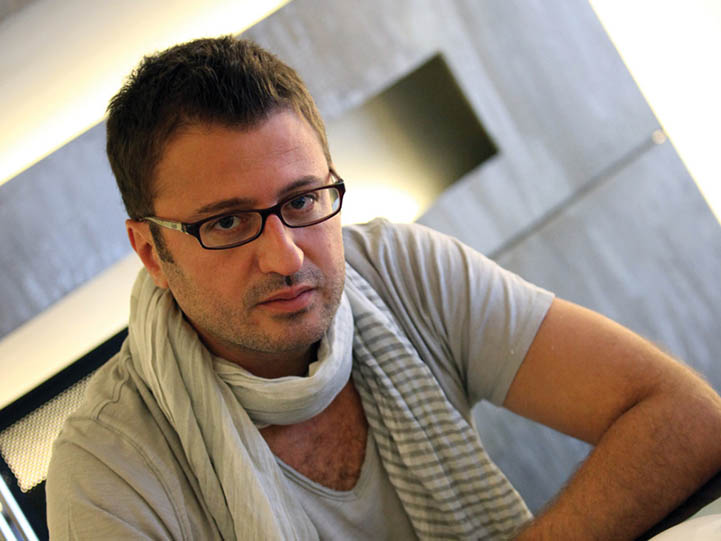
Hadife is co-founder of CARACTERE, an event management company renowned for its exquisite conceptual themes and set designs. After a fruitful career path and numerous projects handled across Lebanon, the GCC and Europe, Hadife expanded his passion into furniture and industrial design.
If we were to take an aerial picture of Lebanon, we would probably break the world record for the highest amount of trash ever to be seen of the streets of a country. We have truly become some kind of ‘open air dumpster’ and this is surely not an image that would attract tourists to visit our country.
In order to attend to the growing trash crisis that has become overwhelming to the point of exhaustion, I think the best solution would be for every area/region to take control over its own waste. However, such decentralisation is nearly impossible to achieve in Lebanon at this stage because it requires a substantial change of mindset that the Lebanese are not ready to undertake at this point and that would require a long period of time to be achieved.
But at the end of the day, our population, which has been dormant for a long while now, has awaken and maybe this incident would serve as a kind of wakeup call that would stir the public into taking action.
Sarah Beydoun
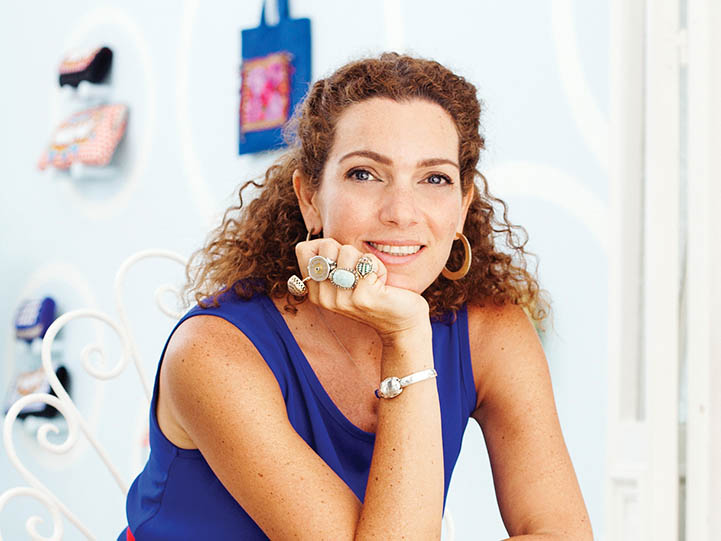 Beydoun, the creative director and founder of Sarah’s Bag, is one of the first designers in Lebanon to bring Middle Eastern pop culture into the mainstream, reviving and reinventing the region's rich traditions of craftsmanship, embroidery, crocheting and textile making. Launched in 2001, her line of handmade handbags and accessories is designed around the skills of prisoners and ex- prisoners she has personally trained and worked with for the past fifteen years.
Beydoun, the creative director and founder of Sarah’s Bag, is one of the first designers in Lebanon to bring Middle Eastern pop culture into the mainstream, reviving and reinventing the region's rich traditions of craftsmanship, embroidery, crocheting and textile making. Launched in 2001, her line of handmade handbags and accessories is designed around the skills of prisoners and ex- prisoners she has personally trained and worked with for the past fifteen years.
If I were to find a creative solution for the trash crisis in Lebanon, I would design eye-catching, colour-coded and attractive bins for people to easily dispose of their waste in on the streets.
In addition to that, I think recycling needs to become every Lebanese’s second nature, and therefore I would also design a special line of recycling bins for the home that make sorting garbage easier.
All of this should be underpinned by a public awareness campaign, which I think could be a community effort pioneered by Lebanese artists and creatives.


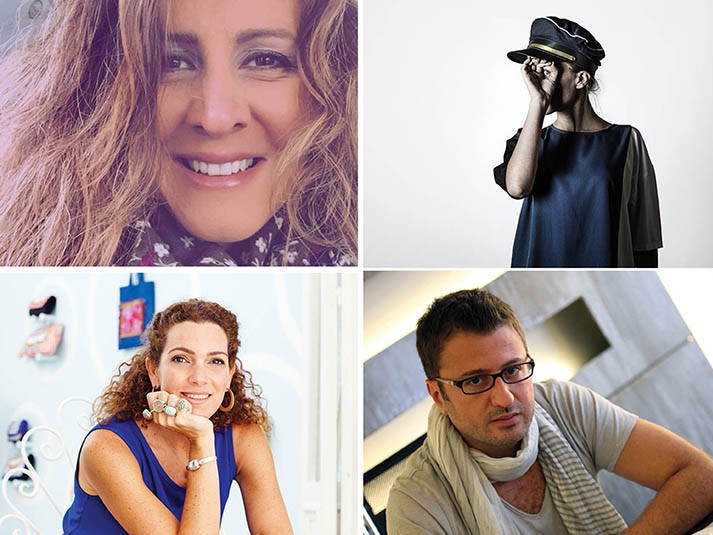
.jpg)
